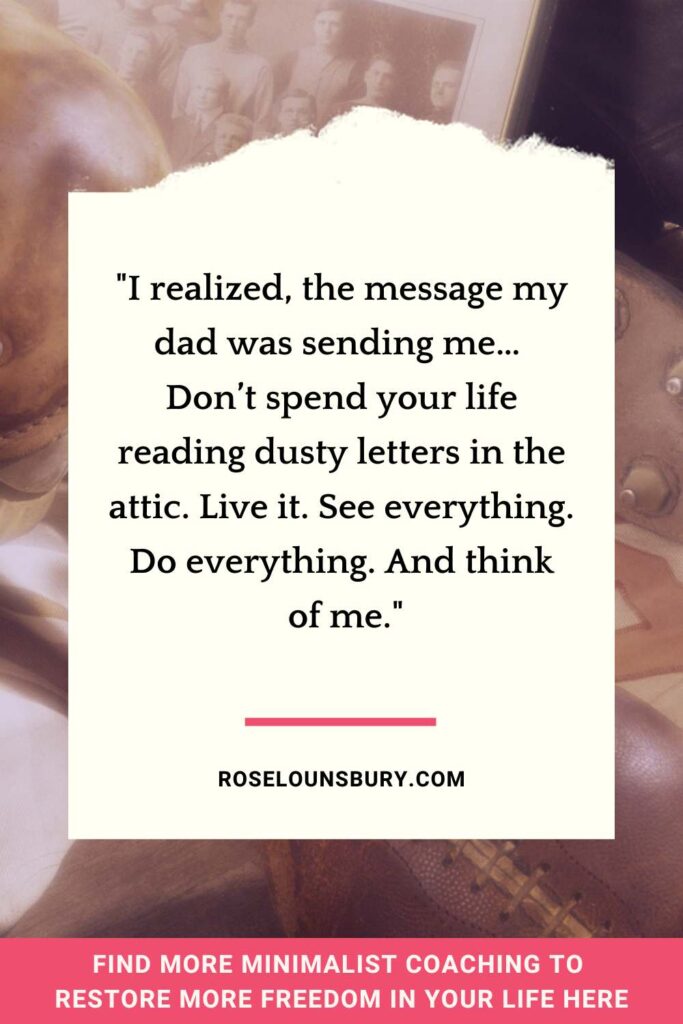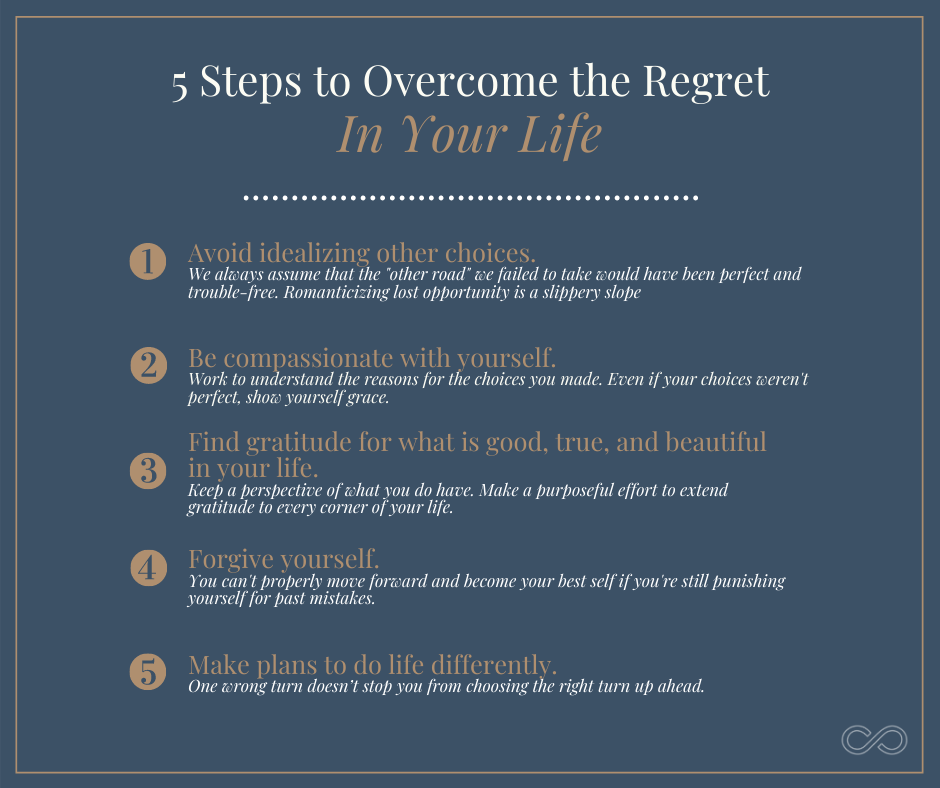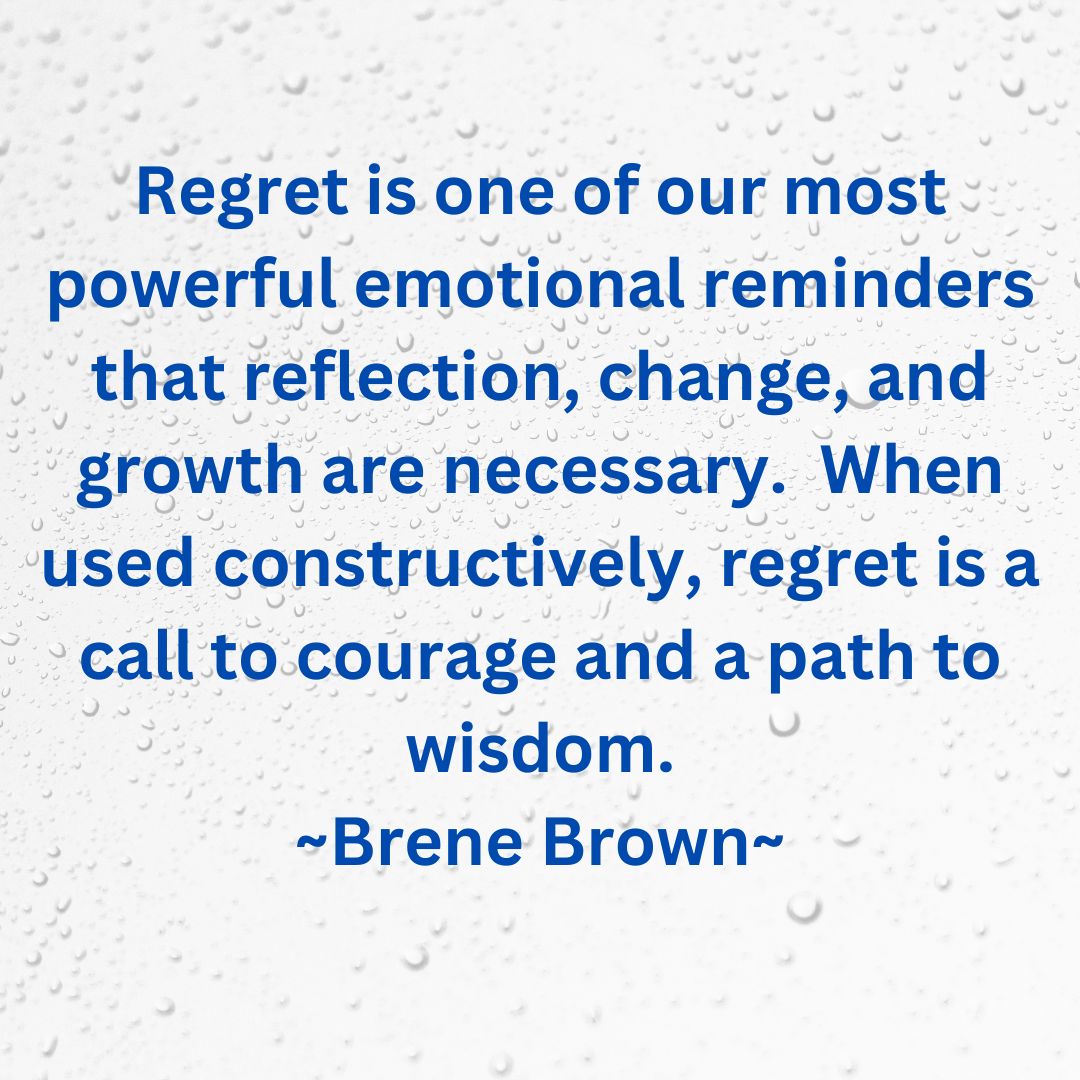How To Move On From Something You Regret

Regret. It's a universal human experience, a heavy anchor dragging us back to moments we wish we could rewrite. From missed opportunities to hurtful words spoken, the weight of these past actions can feel suffocating, hindering our ability to fully engage with the present and move towards a brighter future. Learning to navigate and ultimately overcome regret is not about erasing the past, but about transforming its power over us.
This article delves into the complexities of regret, offering evidence-based strategies and expert insights to help individuals understand, process, and ultimately move forward from the actions or inactions that haunt them. We will explore the psychology behind regret, examine healthy coping mechanisms, and provide actionable steps to reclaim control and build a more resilient and fulfilling life.
Understanding the Nature of Regret
Regret is more than just disappointment. According to research published in the journal Emotion, it is a complex cognitive and emotional state involving counterfactual thinking – mentally simulating alternative scenarios to past events. Neal Roese, a leading researcher in the field of regret, suggests that it often arises from comparing our present situation to a perceived better outcome we believe we could have achieved.
Psychologists distinguish between different types of regret. Regret can be categorized as action regret (regret over something we did) and inaction regret (regret over something we failed to do). Studies indicate that while action regrets are more immediate and intense, inaction regrets tend to linger longer, especially as we age.
However, regret is not inherently negative. As Amy Summerville, a professor of psychology at Miami University, argues, regret can serve a functional purpose. It can be a powerful motivator for learning from mistakes, preventing similar errors in the future, and aligning our behavior with our values.
Strategies for Processing and Overcoming Regret
The first step towards moving on is acknowledging and accepting the regret. Suppressing or denying these feelings only prolongs their impact. Allowing yourself to feel the emotions associated with regret, without judgment, is crucial for processing them in a healthy way.
Self-compassion is also paramount.
"Treat yourself with the same kindness and understanding you would offer a friend in a similar situation,"advises Dr. Kristin Neff, a leading researcher on self-compassion. Refrain from harsh self-criticism and acknowledge that everyone makes mistakes.
Reframing the situation can be a helpful technique. Instead of dwelling on what went wrong, focus on what you can learn from the experience. Consider the lessons learned, the personal growth that has occurred, and how the experience can inform future decisions.
Taking Action and Moving Forward
In some cases, it may be possible to take corrective action. Apologizing to someone you have hurt, making amends for a mistake, or pursuing a previously missed opportunity can significantly alleviate regret. While not all situations can be rectified, taking proactive steps to address the source of regret can be empowering.
Focus on the present moment. Practicing mindfulness, through meditation or other techniques, can help to ground you in the present and reduce rumination on the past. Engage in activities that bring you joy and fulfillment, and cultivate positive relationships.
Set new goals and create a vision for the future. Shifting your focus from the past to the future can help you regain a sense of control and purpose. Identify your values, set achievable goals, and take concrete steps towards building the life you want.
Seeking Professional Support
For some, the burden of regret can be overwhelming and interfere with daily functioning. In such cases, seeking professional help from a therapist or counselor can be invaluable. Therapy can provide a safe and supportive space to explore the root causes of regret, develop coping mechanisms, and work towards healing.
Cognitive Behavioral Therapy (CBT) is a commonly used approach for addressing regret. CBT helps individuals identify and challenge negative thought patterns and behaviors that contribute to their distress.
Remember that seeking help is a sign of strength, not weakness. It demonstrates a commitment to personal growth and a willingness to overcome challenges.
Conclusion: Embracing Learning and Growth
Moving on from regret is a journey, not a destination. It requires self-awareness, compassion, and a willingness to learn from the past. By embracing these principles and implementing the strategies outlined above, individuals can transform regret from a source of pain into an opportunity for growth and resilience. Ultimately, it's about accepting that the past cannot be changed, but the future is still within our control.
Rather than viewing regret as a sign of failure, consider it a valuable source of information. It can teach us about our values, our priorities, and our capacity for growth. By learning from our mistakes and embracing self-compassion, we can move forward with greater wisdom, resilience, and a deeper understanding of ourselves.


















